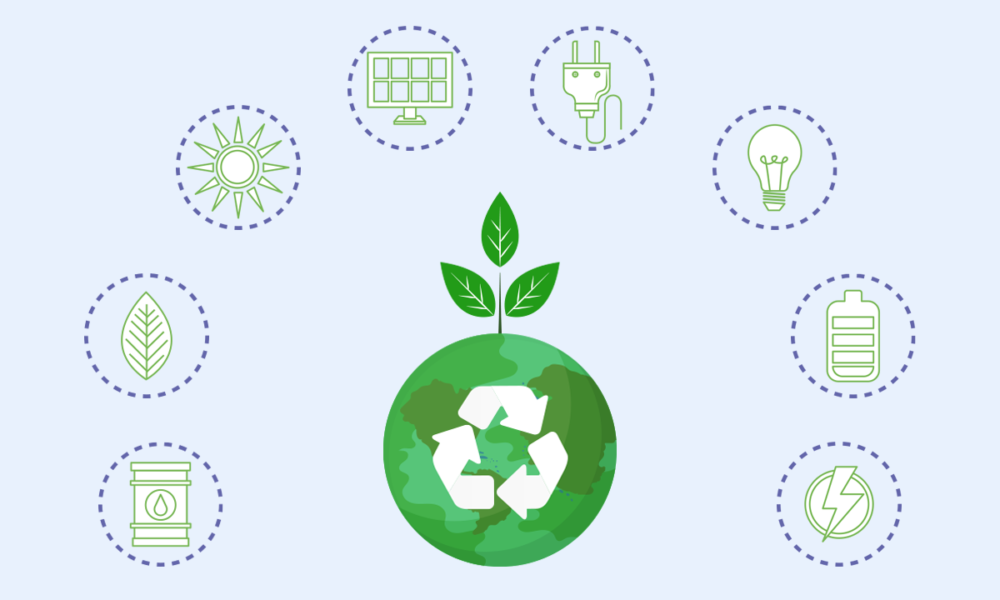Adopting eco-friendly practices helps businesses minimize waste and environmental impact. Strategies include reducing packaging, recycling materials, and utilizing energy-efficient technologies. Encouraging sustainable habits among employees and customers promotes long-term benefits. These actions support the planet and enhance a company’s reputation and operational efficiency.
The Growing Need for Sustainable Waste Management
Consumer expectations, regulatory pressures, and environmental awareness have all increased the need for sustainable garbage management techniques. Companies recognize that waste handling reflects their commitment to sustainability, reducing their ecological footprint and gaining competitive advantages. Effective waste management also improves operational efficiency. Strategies like commercial waste compactors can streamline waste processing and minimize waste volumes, leading to cost savings and operational improvements. Furthermore, sustainable waste practices can result in tax incentives and improved brand reputation. These factors combine to make sustainable waste management a regulatory necessity and a strategic business decision.
Implementing a Waste Audit
A waste audit acts as a foundational step towards better waste management. Data on the kinds and amounts of waste a company generates must be gathered for this thorough evaluation. By engaging in a waste audit, companies can identify sources of unnecessary waste and implement more efficient waste reduction strategies. This process is crucial for developing targeted approaches to minimize waste generation and optimize recycling operations.
Regular waste audits enable businesses to track progress and refine their sustainability efforts. They promote data-driven decision-making and offer insights that may positively affect the economy and the environment. A successful waste audit ultimately facilitates a shift from reactive waste management to proactive waste reduction strategies that align with broader ecological goals.
Reducing, Reusing, and Recycling
Reducing, reusing, and recycling principles form the backbone of effective waste management. The first step, waste reduction, focuses on minimizing waste generation at its source. Organizations can achieve this by optimizing processes, using eco-friendly materials, and encouraging a culture of mindful consumption. Reducing waste not only lowers disposal costs but also conserves natural resources.
Reuse offers another opportunity for waste minimization by prolonging the lifecycle of products and materials. Businesses can establish programs to repair, refurbish, and redistribute items, thus fostering a circular economy. The last step, recycling, reduces the requirement for virgin resources by turning discarded materials into new goods. By optimizing recycling practices, companies contribute to a more sustainable future while potentially generating revenue from recycled materials.
Investing in Innovative Technologies
Technological advancements in waste management offer businesses innovative tools to enhance sustainability initiatives. Equipment like compactors, balers, and shredders efficiently handle large waste volumes, compressing materials, reducing their footprint, and simplifying recycling. These investments demonstrate environmental stewardship, leading to operational cost savings and efficiency gains. Software solutions for waste tracking and management provide valuable insights into waste streams and recycling rates, enabling businesses to measure and optimize their waste management strategies, resulting in improved performance and reduced environmental impact.
Promoting Behavioral Change Within the Organization
A culture of sustainability in an organization necessitates education and engagement. Employees are key to waste management success; training programs can drive change. Establishing clear goals and celebrating waste reduction achievements can encourage behavioral change. Recognizing employees who contribute to sustainability initiatives fosters a positive culture. Leadership involvement is crucial for setting an example and reinforcing the importance of sustainable practices across the organization.
The Role of Government and Policy
The influence of government policies on waste management cannot be overstated. Regulations often dictate the standards and practices businesses must adhere to to comply with waste management laws. Staying informed about these regulations helps companies to remain compliant while aligning their practices with global sustainability objectives.
Governments often incentivize sustainable waste management through grants, tax breaks, and recognition programs. Businesses should explore these opportunities to offset initial investments in sustainable practices. Global initiatives like the United Nations’ sustainable consumption and production goals offer additional frameworks for companies to align their strategies with broader environmental ambitions.
Case Studies: Success Stories in Sustainable Waste Management
Case studies like Kraft Heinz’s demonstrate the importance of setting clear goals, investing in the right technologies, and fostering a sustainability culture in businesses. These examples illustrate how overcoming challenges can lead to innovations that benefit both the environment and the bottom line. By learning from these examples, companies can identify best practices and tailor strategies to their specific operations, fostering a collective knowledge pool that drives further advancements in sustainable waste management practices.
Looking Forward: The Future of Waste Management
The evolution of waste management strategies is advancing towards sustainability and efficiency, with technological advancements and environmental awareness providing businesses with more opportunities to improve their practices. Businesses that embrace innovation and sustainability are better prepared to face future challenges and achieve long-term success. They should continuously evaluate and adapt their waste management strategies to changing regulations, technologies, and market expectations, contributing to a healthier planet for future generations. Forward-thinking companies prioritizing eco-friendly waste management will lead the charge towards a more sustainable world.
